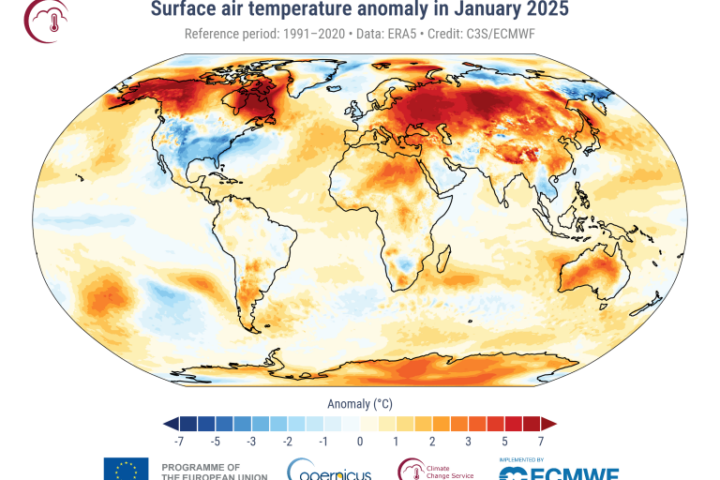Monday, July 22, 2024, was the warmest day recorded on Earth. But how do scientists actually measure that? The declaration was made by Copernicus, the European climate change service. It’s important to note that this is according to preliminary data in one specific dataset, ERA5, as collected by the C3S as part of the European Union’s Copernicus program.
According to Professor Andrew King of the University of Melbourne, determining the global average temperature on any given day is complex. It involves thousands of observations using high-tech equipment and, in some cases, sophisticated computer models. Unsurprisingly, 2024 is tracking to have a good chance of being the hottest year on record. As always, the scientists involved in the studies are pointing to human-induced climate change, which is increasingly manifesting in alarmingly visible ways.
Similar Posts
Dr. Sarah Karnick, NOAA Chief Scientist, said, “After seeing the 2023 climate analysis, I have to pause and say that the findings are astounding. Not only was 2023 the warmest year in NOAA’s 174-year climate record, but it was the warmest so far.” We know the climate is changing at a rapid pace. But why is this record daily heat occurring now? Land warms up much more quickly than the ocean. By July each year, northern hemisphere land masses have usually heated substantially, while the southern hemisphere oceans are still slowly cooling. Crucially, these record-high temperatures would be all but impossible without the planetary warming caused by human-caused greenhouse emissions.
Carlo Buontempo, C3S Director, said, “What is truly staggering is how large the difference is between the temperature of the last 13 months and the previous temperature records. We are now in truly uncharted territory, and as the climate keeps warming, we are bound to see new records being broken in future months and years.” Life itself is impressively resilient, and Earth will probably continue being inhabited by some form of it until the Sun blows up. But it’d be nice if we could help humans stick around a bit longer. In short, Monday, July 22, 2024, was the hottest day recorded on Earth.

















